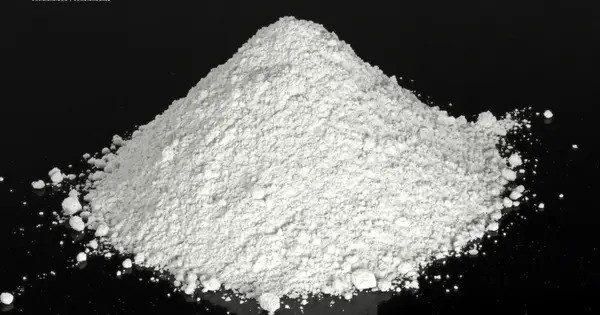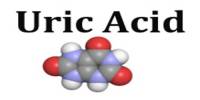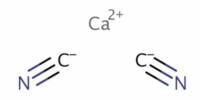Caesium titanate or cesium titanate is an inorganic compound with the formula Cs2TiO3. Like most other inorganic titanates, it adopts a polymeric structure with Cs-O and Ti-O bonds. It is an inorganic material that belongs to the class of titanates and is often studied for its fascinating properties in various fields, such as solid-state physics, materials science, and electronics.
Other caesium titanates include Cs2Ti5O11 and Cs2Ti6O13 and the hydrate Cs2Ti5O11•1.5H2O.
Properties
Caesium titanate is typically white or colorless in its pure form.It is insoluble in water, which is typical for many titanates. It has a relatively high density compared to many other metal oxides. It can exhibit some degree of ionic conductivity, which makes it of interest in solid-state ionic devices. It is stable under a variety of conditions and doesn’t readily react with air or water under normal circumstances.
- Chemical formula: Cs2TiO3
- Molar mass: 361.71 g/mol
- Appearance: White powder
- Solubility in water: Insoluble
Synthesis
Caesium titanate can be synthesized through various methods, including solid-state reactions, sol-gel techniques, or hydrothermal methods. The choice of method influences the material’s purity, crystal structure, and properties.
Natural Occurrence
Caesium titanate is generally not found in nature in its pure form, but rather, it can occur as a minor component of some titanium minerals or as part of the weathering products of certain minerals. The mineral form of titanium dioxide (TiO₂) is much more abundant, and caesium titanate can be synthesized in the laboratory from the reaction of caesium compounds with titanium compounds.
Applications
CsTiO₃ is used in various advanced technological applications such as catalysts in chemical reactions, photovoltaic devices, and ferroelectric memory components. Its unique properties, such as its dielectric constant and ferroelectric behavior, make it important for use in electronics and materials science.
- Electronics and Optics: Due to its piezoelectric and ferroelectric properties, caesium titanate has potential applications in memory devices, sensors, actuators, and transducers.
- Catalysis: Some forms of caesium titanate may also have catalytic activity, making them useful in certain chemical reactions.
- High-Energy Physics: Its behavior under intense electric fields or other extreme conditions makes it a subject of study in high-energy physics research.
















